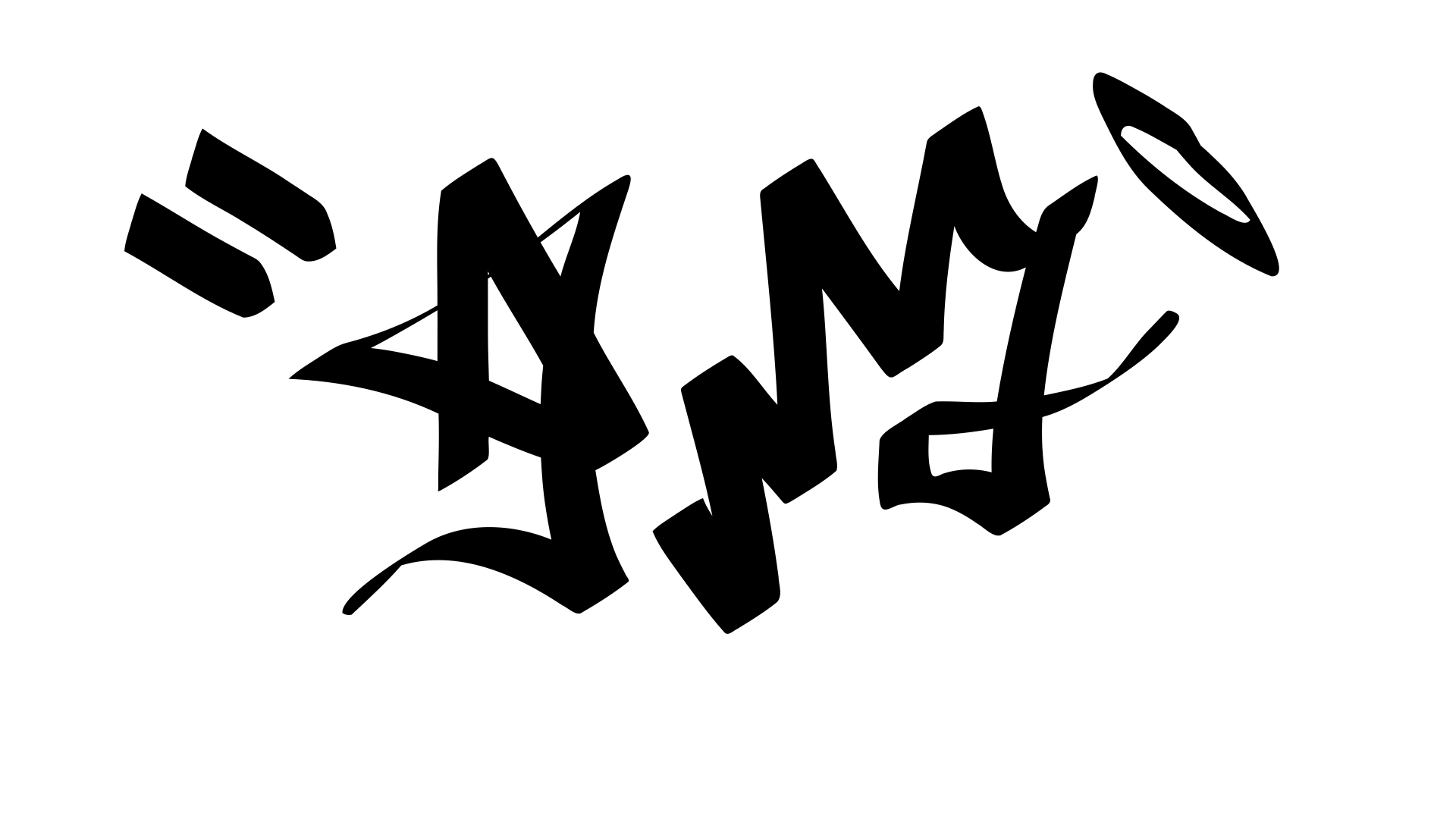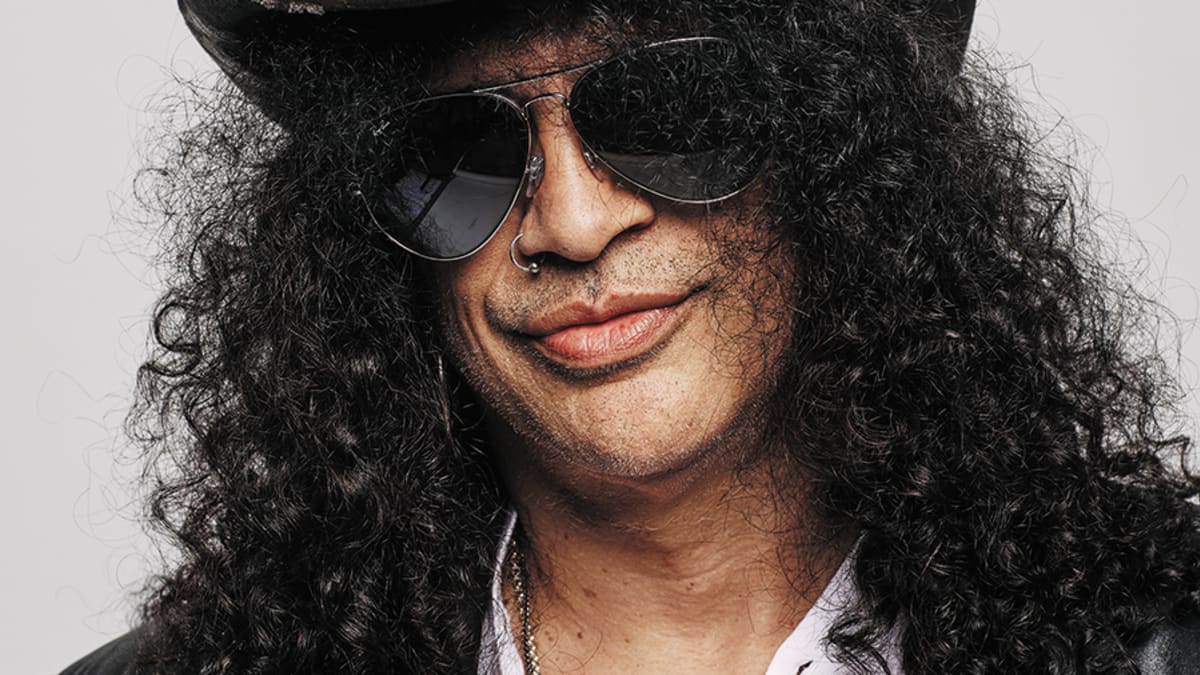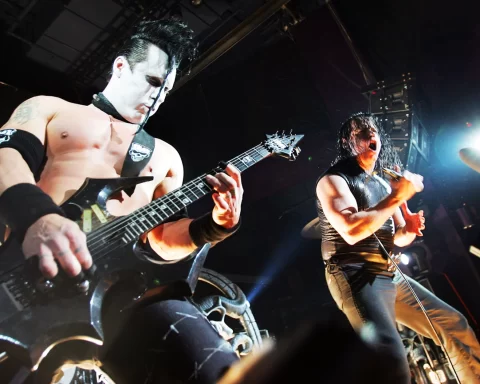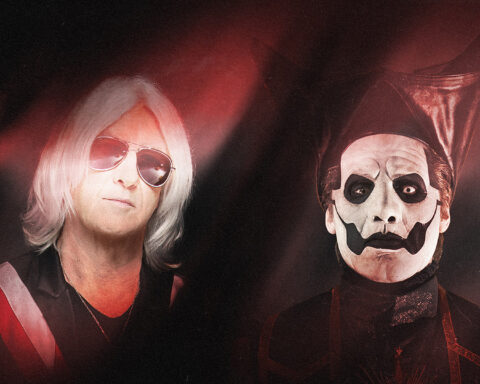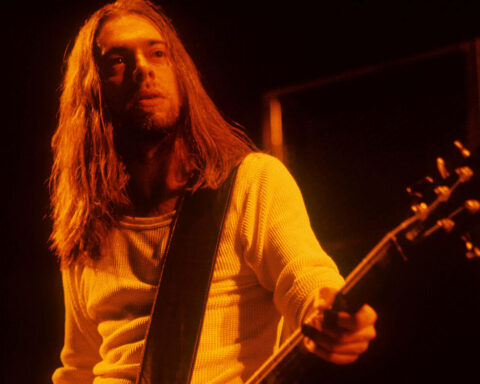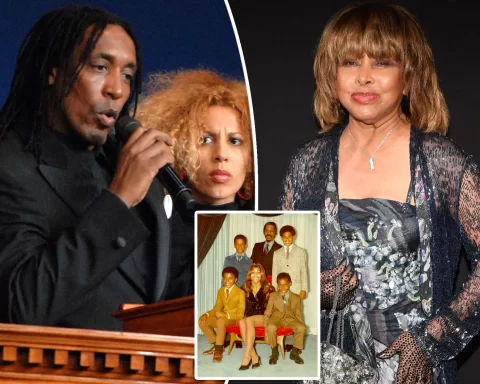With the release of 39/Smooth in 1990, a young band known as Green Day began to gain traction in the Bay Area’s emerging punk scene. They became one of Lookout Records’ most popular acts with their sophomore album Kerplunk, but word got out about these upstarts, and major labels began knocking.
“I think we just wanted to see what the possibilities were,” remembered frontman Billie Joe Armstrong to Green Day Authority. “Up to that point, Kerplunk was movin’ right along and we were booking our own tours. We were already on Lookout, which I thought was the ultimate independent label, so we didn’t really want to go to a bigger independent label. If we were going to make a switch, let’s take a chance.”
As it turned out, they were drawn to a producer named Rob Cavallo, who was representing Reprise Records. Cavallo’s work with the Muffs was familiar to the band, and they were excited to see what they could do together. “He made the Muffs record and we liked it a lot,” said Armstrong. “If we were shooting for any kind of sound, that was it. And Rob was great. He understood what kind of guitar and drum sounds we were looking for.”
As for receiving their advance, Armstrong told Rolling Stone, “I remember thinking, ‘Let’s just record this thing and make sure we have money left over, so we can pay our rent, in case anything happens.”
The eagerness to get to work was tremendous, even with money in hand and a major label deal. According to the singer, “There were nerves. We felt like little kids in a candy store. But Mike and Tre were tight. That album was some of the tightest they’d ever played. We were ready. We didn’t want to be one of those bands that got stuck in the studio. We heard about record labels telling bands, ‘This is what’s wrong. Make it again’ – horror stories about spending all this money. We were like, “Fuck that shit. We’re going to record this and be done.”
Engineer Neill King expressed similar concerns to Sound on Sound, saying, “The guys had been performing many of the songs live, so they were very familiar with them when they entered the studio and they had supreme confidence in them. They knew they were hot shit, they knew the material was terrific, and it was just a case of us getting it right.”
However, the band saw a shift in their fan base’s attitude during the recording process. After learning that they had gotten a major label deal, the punks who had embraced them during their early years of performing at 924 Gilman St. turned against them. The scene youngsters made their statement by attending one of the band’s final gigs at the venue, accusing the band of selling out.
“In the middle of recording Dookie, they made their final appearance at 924 Gilman Street,” recalls Neill King. “That hole‑in‑the‑wall is basically where they came up, but the word had gone around that they’d signed with Warner Brothers and hardly anybody was there. It was amazing.” Green Day was soon barred from the club, which saw their shift to Reprise as a snub to the scene.
“I couldn’t go back to the punk scene, whether we were the biggest success in the world or the biggest failure,” Armstrong told Spin. “The only thing I could do was get on my bike and go forward.”
It was all quite forward, with the band tearing through the album. The album was remixed twice throughout the three-week recording period. Armstrong wrote the majority of the songs, though Mike Dirnt and Tre Cool collaborated on two of the album’s tracks. The band wrote about their experiences and what they knew, and they were not hesitant to express their opinions, and their candor struck a chord with fans.
“For me, it was important to have an opinion – and to be an individual,” said Armstrong to Rolling Stone. “There was a lot of whining in rock at that time. By nature, we’re extroverts. So that’s what came across in our songs. We knew we were entering an arena of bands that we didn’t like [laughs]. It was important for us to be ourselves, no matter what, and have a devil-may-care attitude about it. Fuck it – life is pretty silly.”
Green Day’s third album, Dookie, was released on February 1, 1994. A new single, “Longview,” was released to coincide with the album’s release. The name comes from the city in Washington where the band first performed the song in 1992, despite the fact that it is not referenced in the song. The track drew in-ears thanks to a well-known Dirnt beginning bass riff. The bassist was under the influence of LSD at the time of coming up with the line, and while he almost forgot it, the parts he remembered created the musical beginning point for the song, according to Armstrong and Dirnt.
“When Billie gave me a shuffle beat for ‘Longview,’ I was frying on acid so hard,” recalled Dirnt to Rolling Stone. “I was laying up against the wall with my bass lying on my lap. It just came to me. I said, ‘Billie, check this out. Isn’t this the wackiest thing you’ve ever heard?’ Later, it took me a long time to be able to play it, but it made sense when I was on drugs.”
Armstrong then penned lyrics about boredom and masturbation once the beat was in place. The band released a successful video to MTV shortly after its debut, and the song took off at radio, reaching No. 1 on the Modern Rock chart and No. 13 on the Mainstream Rock chart. It was nominated for a Grammy for Best Hard Rock Performance a year later.
“Welcome to Paradise” would be the album’s second single. Though it became a fan favorite and performed well on the radio, the song was overshadowed by “Basket Case,” which was released a few months later. The track first appeared on the band’s sophomore album Kerplunk, but after signing with Reprise, the band decided to give it another shot with a less grainy feel.
“It’s about West Oakland, living in a warehouse with a lot of people, a bunch of artists and musicians, punks and whatever just lived all up and down, bums and junkies and thugs and gang members and stuff that just lived in that area,” said Armstrong. “It’s no place you want to walk around at night, but it’s a neat warehouse where you can play basketball and stuff.” The track would climb to No. 7 at Modern Rock radio.
As previously noted, “Basket Case” was published just over a month after “Welcome to Paradise” and struck a chord with the public. The song spent five weeks at No. 1 on Modern Rock radio and went to No. 9 on Mainstream Rock. The song earned a lot of praise from MTV, where it won nine MTV Video Music Award nominations, thanks to a brightly colored video in which the boys appeared to be patients in a mental institution.
Once again, Armstrong drew from a personal place for the track, expressing his anxiety over his panic attacks. “The only way I knew how to deal with it was to write a song about it,” said Armstrong to Sound on Sound. Years later, he would tell Rolling Stone, “‘Basket Case’ became this loser national anthem. But to say it’s about panic attacks is limiting. It’s about going through total confusion. I think of a song like ‘American Idiot’ as feeling, ‘OK, there is a lot of chaos in the world, people getting murdered.’ There is no way to make sense of a world like that. You feel like a victim of it. ‘Basket Case’ is the same way.” In 1995, “Basket Case” would earn the band a Best Rock Vocal Performance by a Duo or Group Grammy nomination.

